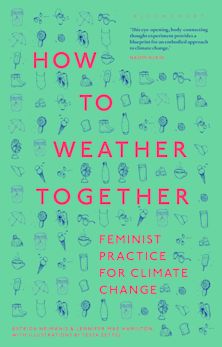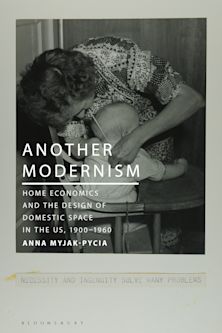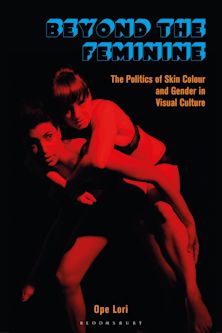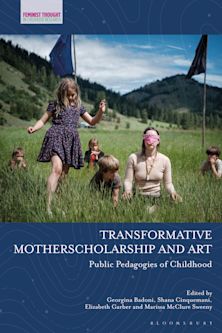- Home
- ACADEMIC
- Gender & Sexuality Studies
- Feminism
- From the Shtetl to the Lecture Hall
You must sign in to add this item to your wishlist. Please sign in or create an account
Description
Until the 19th century, women were regularly excluded from graduate education. When this convention changed, it was largely thanks to Jewish women from Russia. Raised to be strong and independent, the daughters of Jewish businesswomen were able to utilize this cultural capital to fight their way into the universities of Switzerland and Germany. They became trailblazers, ensuring regular admission for women who followed their example. This book tells the story of Russian and German Jews who became the first female professionals in modern history. It describes their childhoods—whether in Berlin or in a Russian shtetl—their schooling, and their experiences at German universities. A final chapter traces their careers as the first female professionals and details how they were tragically destroyed by the Nazis.
Table of Contents
Acknowledgements
Introduction
Chapter 1. “To Quench Their Thirst for Knowledge Abroad”: Jewish Women from the Russian Empire at German Universities
Chapter 2. “She Was Like the Merchant’s Ships”: The Triple Benefit of Marginality
Chapter 3. “We Lived and Felt for Germany”: The German-Jewish Woman Students
Chapter 4. Bread Students, Bluestockings, Bomb Throwers: The Growing Inclusivity of Universities in Imperial Germany
Chapter 5. “Citizens of Academia”: Jewish Women at the University
Chapter 6. “Forced Right Out Of Creative, Fruitful Work”: Jewish Professional Women in Weimar Germany and the Third Reich
Biographical Notes on Selected Women
Bibliography
Index
About the Author
Product details
| Published | Feb 11 2013 |
|---|---|
| Format | Ebook (PDF) |
| Edition | 1st |
| Extent | 308 |
| ISBN | 9780761887812 |
| Imprint | University Press of America |
| Illustrations | 29 BW Photos |
| Series | Studies in Judaism |
| Publisher | Bloomsbury Publishing |
About the contributors
Reviews
-
This is a major contribution to an ongoing investigation of social institutions and their permeability in the post- Enlightenment world.
Isis
-
Through life stories and social history, Luise Hirsch illustrates how Russian- and German-Jewish women pioneered in pushing German universities, including professional schools, to open their locked doors to all women students. Russian-Jewish women revamped a male tradition of learning and continued a female tradition of independent female breadwinners, combining these traits with the egalitarianism and practical bent of Russian nihilism. They, along with German-Jewish women who benefited from the class and educational interests of their parents, helped to break the misogynist glass-ceilings at German universities. Written in a lively style, this book will appeal to general as well as university audiences.
Marion Kaplan, New York University



































